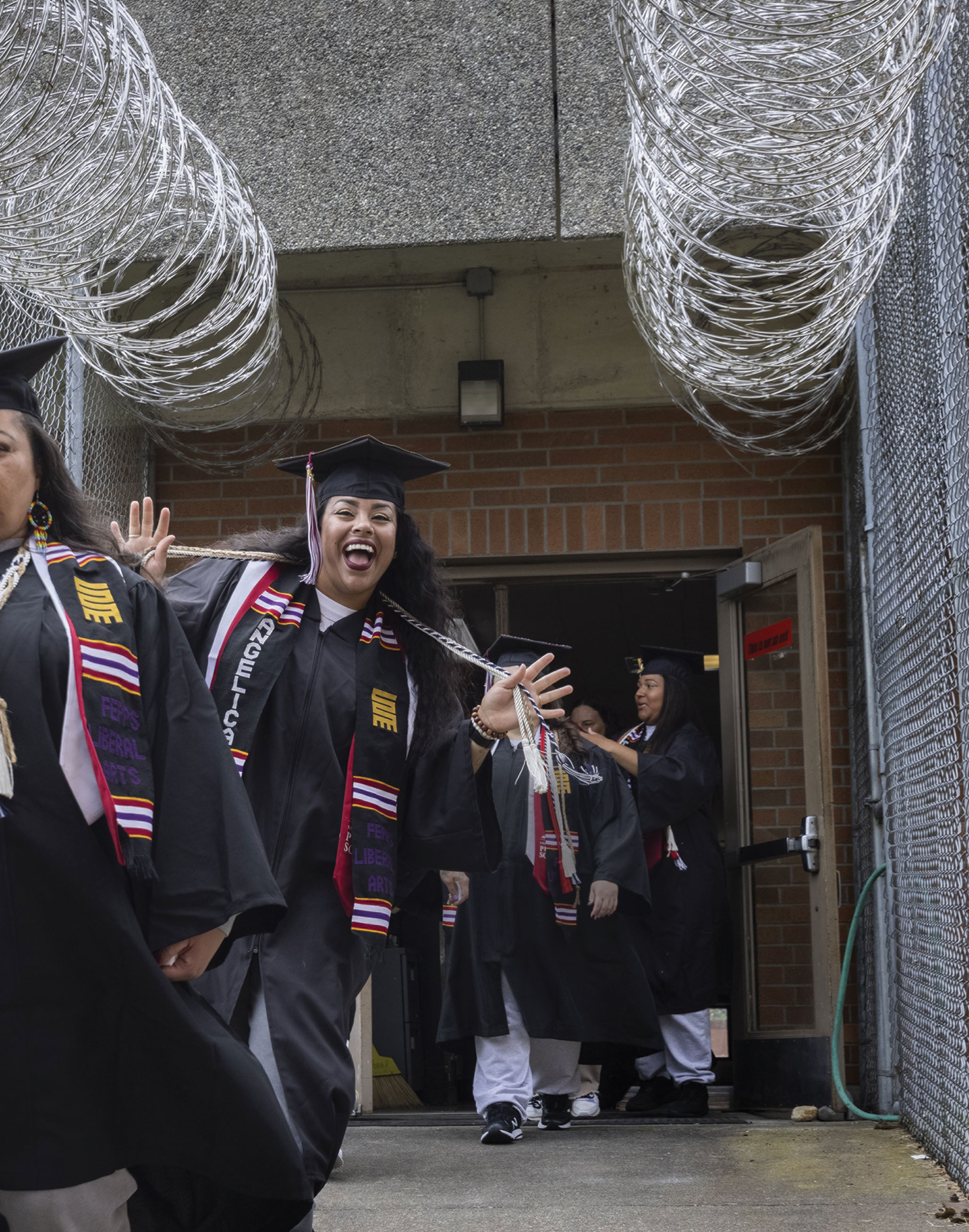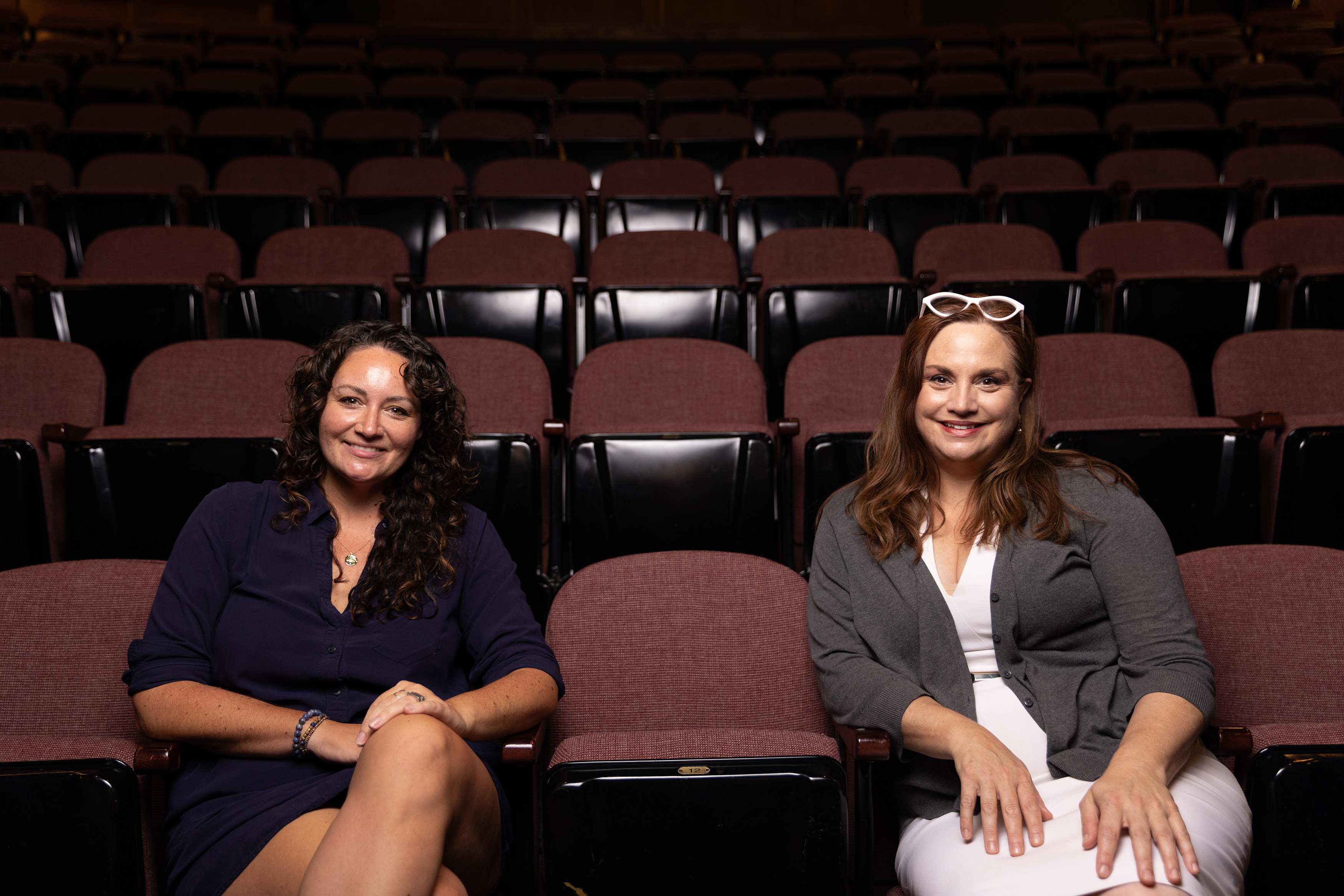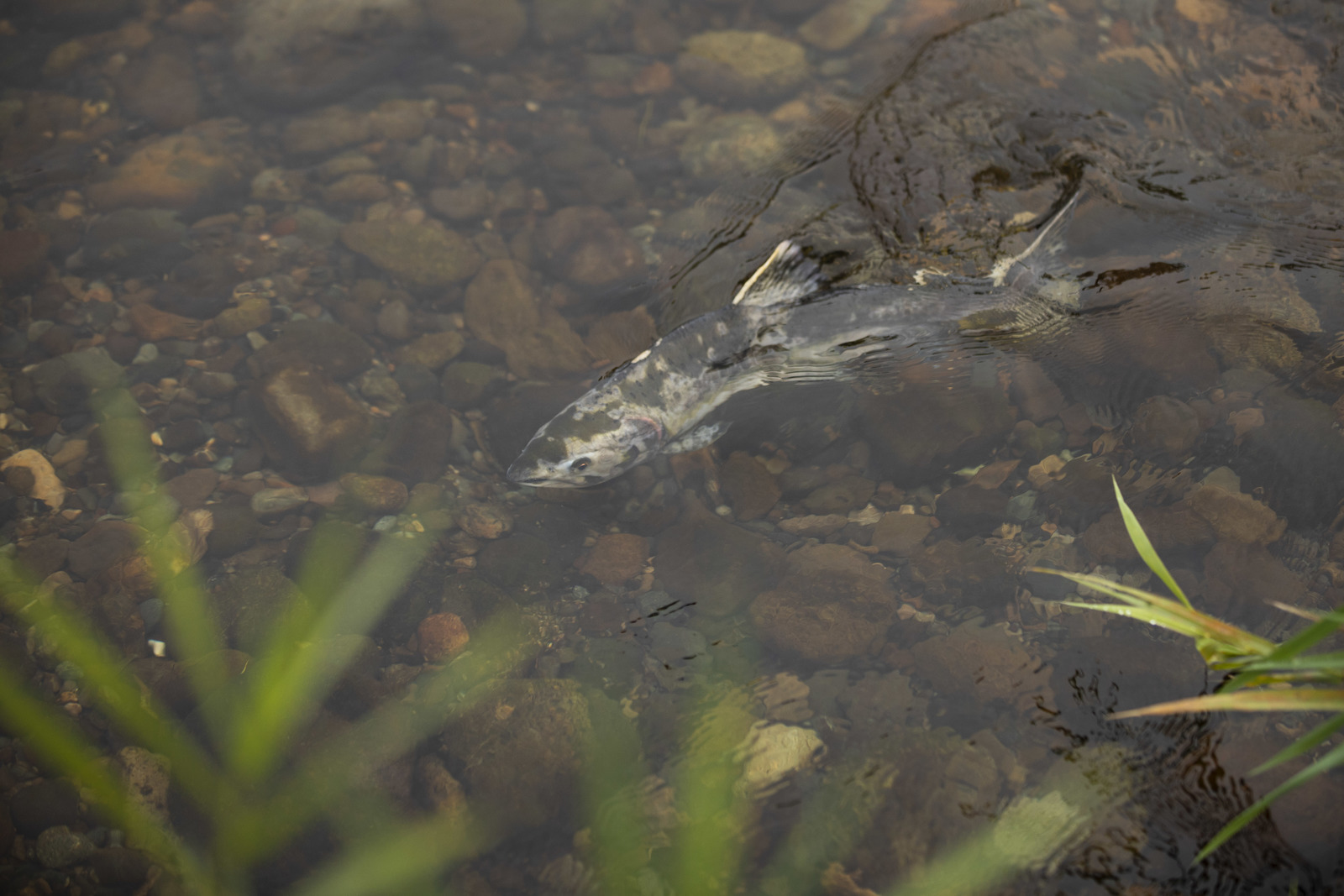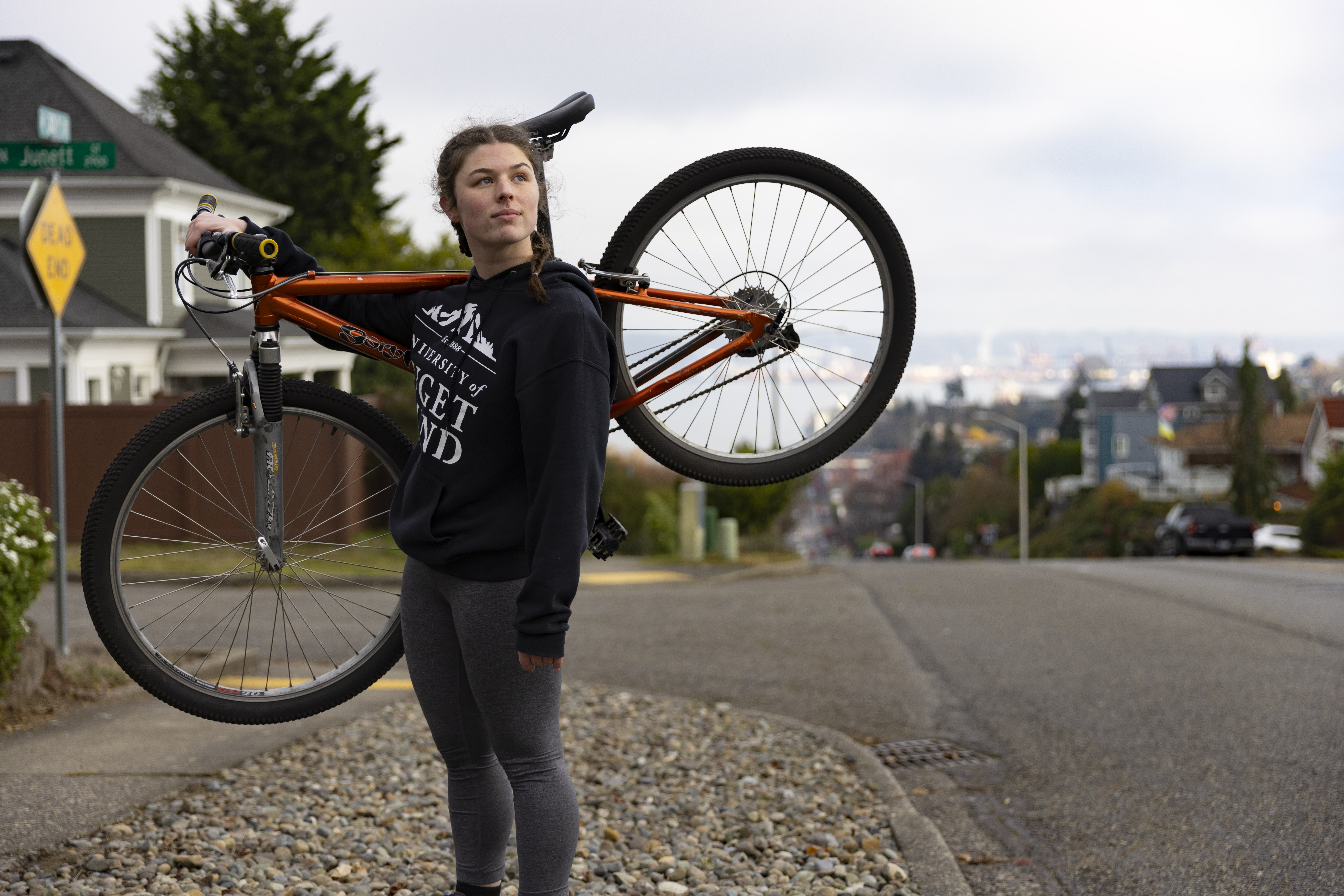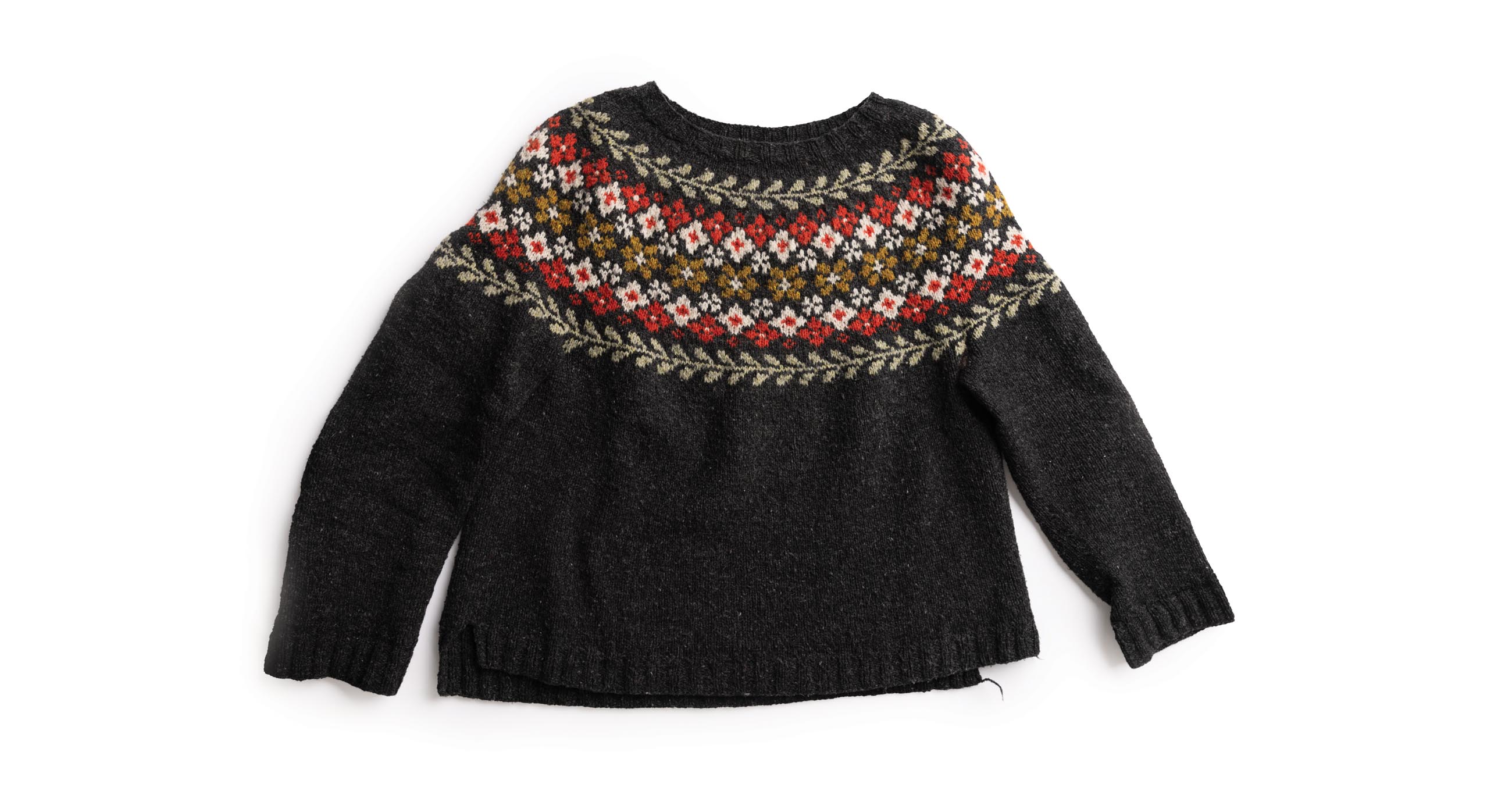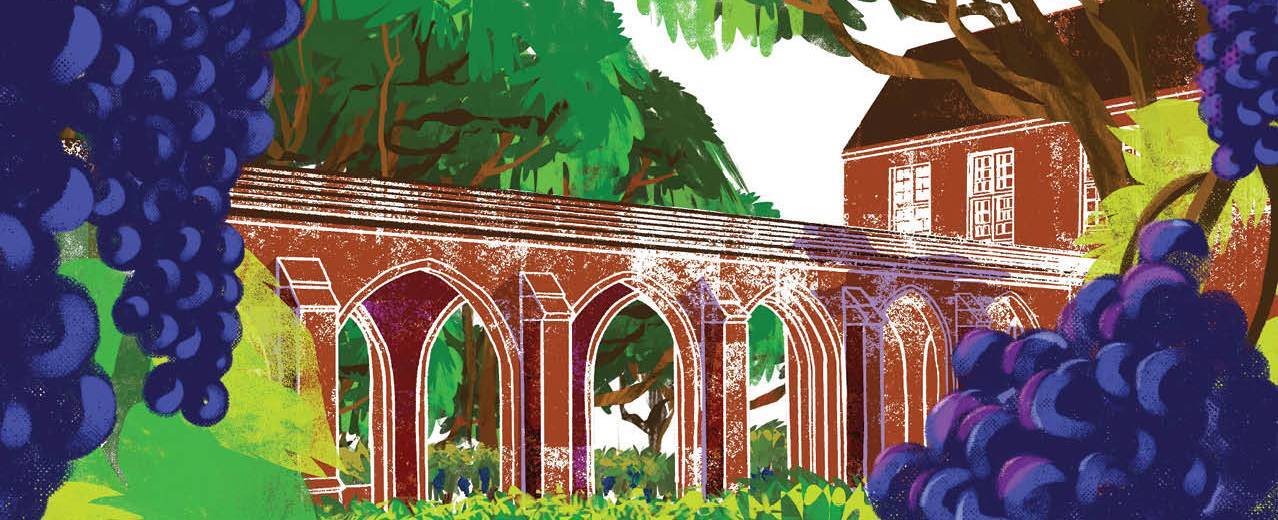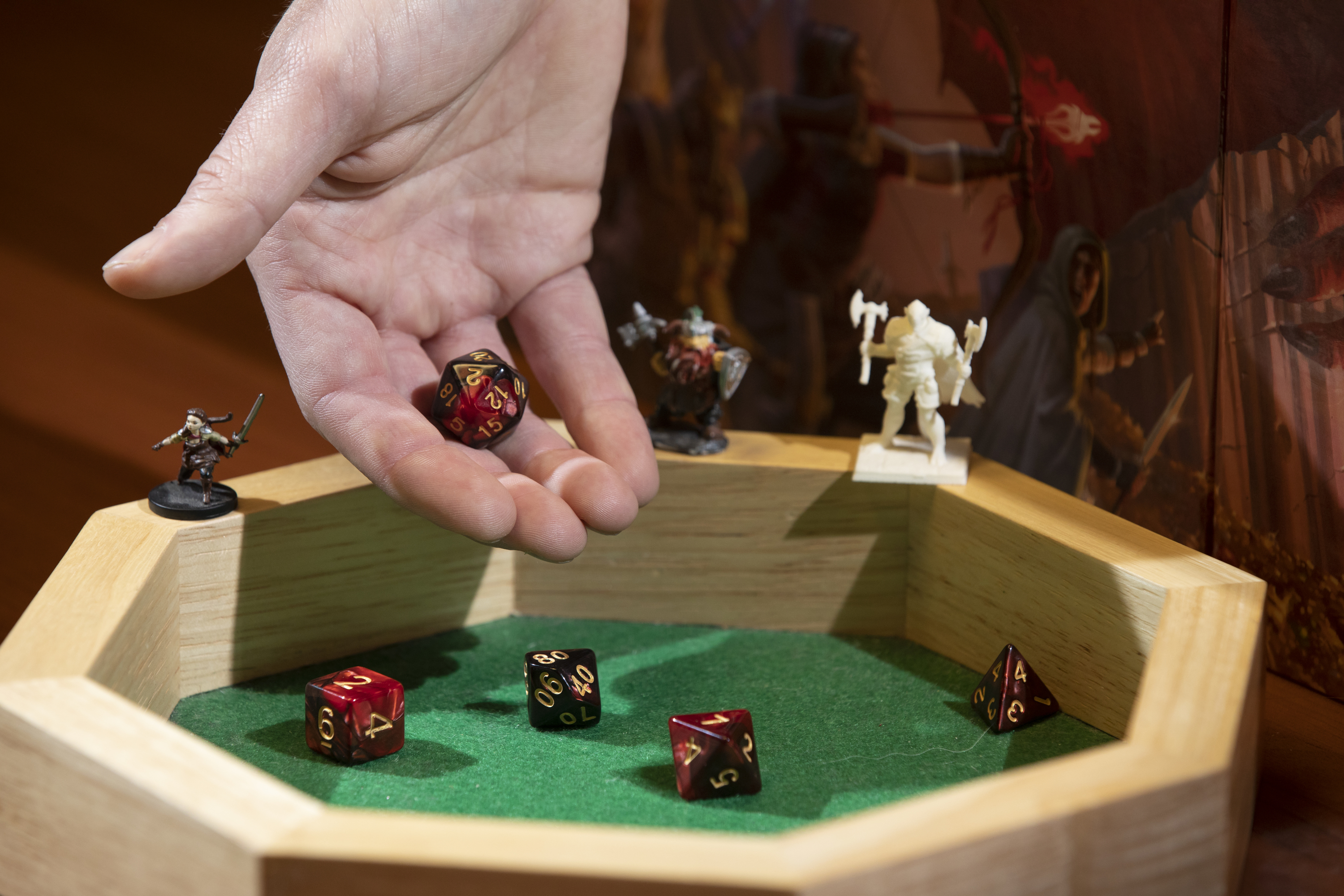Ten women who graduated from Puget Sound this year have something unusual in common: they earned their degrees in prison.
Tiana Wood-Sims ’24 chose the clear nail polish flecked with gold glitter. That little bit of bling might be a small pleasure for someone outside the razor-wire fences of the Washington Corrections Center for Women in Gig Harbor, but inside, it was momentous. With the facility’s ban against nail polish lifted for one day, the 10 women picked from an array of bottles spread out on the table of the prison classroom. Wood-Sims had chosen gold for this celebration—it matched her perfect 4.0 college GPA.
After savoring fresh berries and grapes, as well as Olive Garden tortellini—other unheard-of treats inside the prison walls—the group decorated their graduation caps. The next day, June 1, buzzing with excitement and nervousness, Wood-Sims and the others put on their caps and gowns and walked through a breezeway to the gym to receive their diplomas. They became the first cohort to earn a Bachelor of Arts in Liberal Studies from the University of Puget Sound through its Freedom Education Project Puget Sound, or FEPPS.
There was no hat toss, but there were lots of tears and hugs. For Wood-Sims, a college degree in an unlikely place had boosted her self-esteem and opened up a new world when everything had been closing in on her.
“This has been a healing journey for me,” she says. “I had a lot of shame, guilt, and trauma when I came here. I’ve been able to heal not only myself but also the relationships I have with my family and become an example, because I'm the first generation to be able to get a bachelor’s degree.”
The best part of the day for Wood-Sims was seeing the family members in the audience, especially her 11-year-old daughter. Her professors made a point of praising Wood-Sims in front of her daughter.
“She was just really proud of me,” Wood-Sims says. “It felt really good.”
